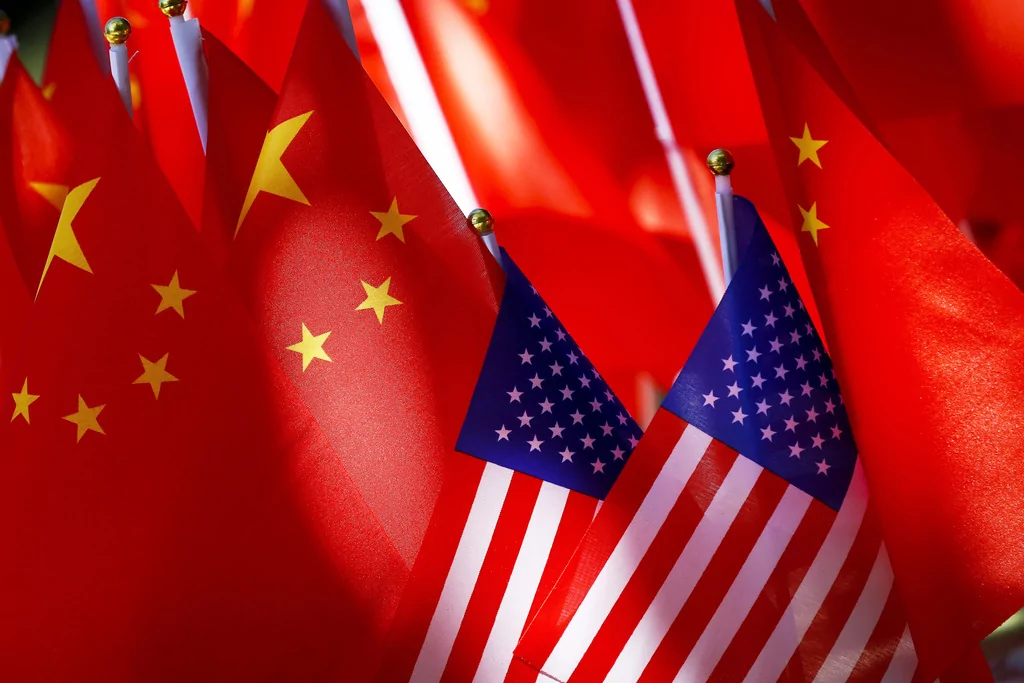

The long-standing threat of Chinese cyber warfare was brought back into the public consciousness this week after the U.S. Treasury Department announced a security breach believed to have been conducted by Chinese Communist Party-affiliated actors.
As with all previous cyberattacks attributed to the CCP, officials have denied the allegations, calling the claims “groundless” and “unwarranted.”
“China opposes all forms of hacking, and in particular, we oppose spreading China-related disinformation motivated by political agenda,” Chinese Ministry of Foreign Affairs spokeswoman Mao Ning told reporters on Tuesday.
It’s a predictable back and forth. China has been accused countless times over the past decades of hacking the U.S. government or major U.S. companies. The CCP has denied all of these accusations.
In 2015, the federal government’s Office of Personnel Management discovered that its employee records had been illicitly accessed.
The personnel files contained highly sensitive personal information about employees gathered for the purposes of vetting security clearances. Additionally, millions of individuals’ fingerprint sets were exposed.
Sources close to the FBI investigation told the Washington Post that the cyberattack was linked to Chinese hackers.
It was far from the first time Chinese groups compromised U.S. cybersecurity infrastructure — dozens of companies had reported breaches, including Google, Dow Chemical, Adobe, Yahoo, and more. But the OPM hack, as a successful infiltration of a federal government office, was a flashpoint in trans-Pacific data safety concerns.
Chinese hacker groups affiliated with the CCP have been well documented by U.S. intelligence agencies. Operating under code names such as Salmon Typhoon, Leviathan, Charcoal Typhoon, and Mudcarp, these cyberattack teams specialize in different types of cybercrime.
An internal review of the U.S. Navy found in 2019 that the Chinese intelligence community oversaw years of operations illicitly accessing U.S. national security data. A report delivered to the Navy secretary claimed the Chinese military “derived an incalculable near- and long-term military advantage from [hacking].”
A key weak point for U.S. cybersecurity proved to be universities. As early as 2017, Chinese hackers began targeting institutions of higher education involved in the development of Navy-funded maritime technology and research.
In the summer of 2023, President Joe Biden’s administration raised alarms about the presence of Chinese malware inserted into systems at key military bases across the country.
The malicious code — found in the digital infrastructure of military bases in Guam, Hawaii, and elsewhere — compromised the security of energy, water, and communications systems for the surrounding regions.
Just last month, the FBI and Cybersecurity and Infrastructure Security Agency announced that Chinese hackers were found to have accessed communication and phone call records held by “multiple telecommunications companies.”
The targets were not random. The agencies reported that the hackers targeted the data belonging to “a limited number of individuals who are primarily involved in government or political activity.”
Senate Intelligence Committee Chairman Mark Warner (D-VA) called the incident the “worst telecom hack in our nation’s history — by far.”
The CCP regularly accuses the U.S. of paranoia and slander for making such accusations.
CLICK HERE TO READ MORE FROM THE WASHINGTON EXAMINER
Liu Pengyu, spokesman for the Chinese Embassy in Washington, D.C., continued that streak of denials this week following the recent Treasury hack.
“The U.S. needs to stop using cybersecurity to smear and slander China, and stop spreading all kinds of disinformation about the so-called Chinese hacking threats,” Liu said.





